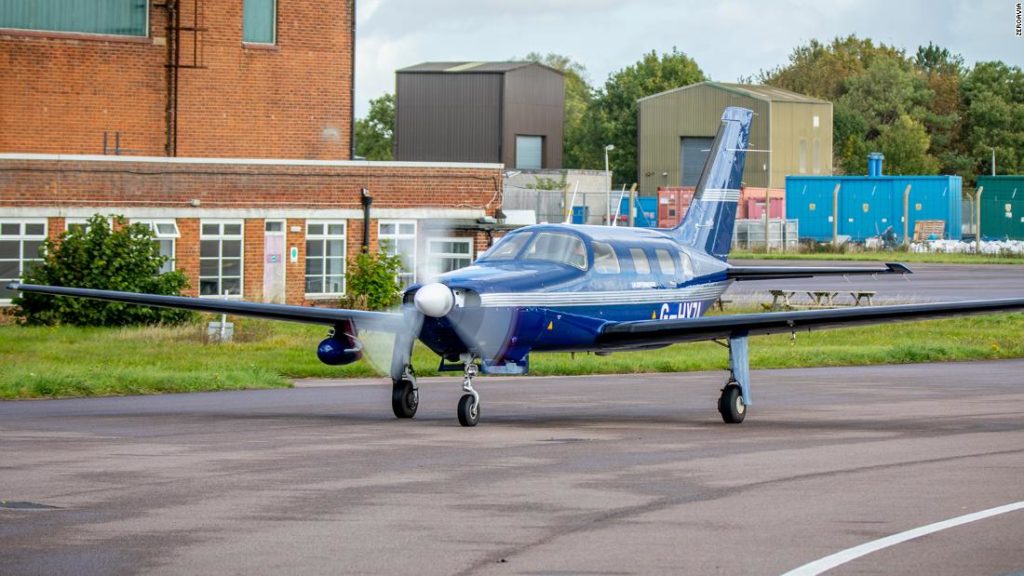CEO Val Miftakhov said in a statement that the “milestone achievements are closing the gap for the airline industry to begin its transition away from fossil fuels.”
“Both aviation and the financial markets are waking up to the idea that hydrogen is the only meaningful path towards large-scale, zero-emission commercial flight,” he added.
ZeroAvia completed the world’s first hydrogen-powered flight of a commercial aircraft in September when a six-seat plane took off from its research and development facility in Cranfield, England and flew for about 10 to 15 minutes before landing.
It wants to go much further, saying Wednesday that it expects a flight of 250 miles — roughly the distance from London to Paris — in the next three months.
The company plans to commercialize its technology as early as 2023 with flights of up to 500 miles in aircraft of up to 20 seats, which are typically used in regional aviation and cargo transport. Within the next 10 years it intends to realize flights of over 1,000 miles in aircraft with over 100 seats.
Miftakhov said that more than 10 airlines are gearing up to implement the company’s technology in 2023.
“ZeroAvia’s zero-emission aviation powertrain has real potential to help decarbonize the aviation sector, and we hope this investment will further accelerate the pace of innovation to enable zero-emission air transport at scale,” Amazon’s vice president for worldwide sustainability Kara Hurst said in a statement.
Shell’s investment was made through Shell Ventures, which invests in renewable energy companies.
You may also like
-
Afghanistan: Civilian casualties hit record high amid US withdrawal, UN says
-
How Taiwan is trying to defend against a cyber ‘World War III’
-
Pandemic travel news this week: Quarantine escapes and airplane disguises
-
Why would anyone trust Brexit Britain again?
-
Black fungus: A second crisis is killing survivors of India’s worst Covid wave

